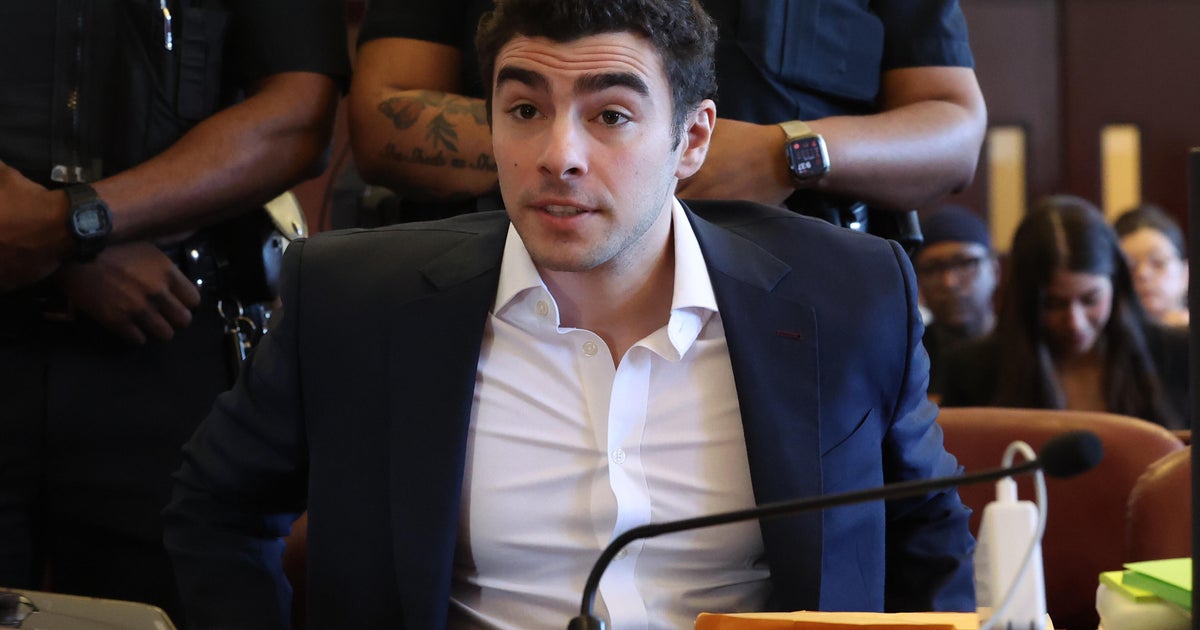Death Penalty Still On Table For WikiLeaks Suspect
HAGERSTOWN, Md. (AP) -- The death penalty is still possible for the Army private suspected of giving classified material to the anti-secrecy group WikiLeaks despite prosecutors' promise not to recommend it, military law experts said Thursday.
Military District of Washington commander Maj. Gen. Karl R. Horst could ignore the prosecutors' recommendation and refer for trial as a capital offense the charge that Pfc. Bradley Manning aided the enemy, the experts said. In that event, a court-martial jury of at least 12 members could vote for execution if Manning were convicted.
It would be unusual but not unheard of for the commander to ignore the recommendation, said Dwight Sullivan, a Marine Corps Reserve lawyer who blogs about military justice on CAAFlog.com.
Jon W. Shelburne, who teaches at Roger Williams University in Bristol, R.I., said he hasn't seen a commander override a prosecutor's death-penalty recommendation in his 19 years as military judge advocate.
The charge of aiding the enemy is among 22 new counts filed Wednesday against Manning, a former intelligence analyst suspected of passing to WikiLeaks more than 250,000 confidential State Department cables, classified video of a deadly U.S. helicopter attack and a raft of Iraq and Afghanistan war logs. The video and thousands of the documents have been published on the WikiLeaks website.
Horst, acting as the court-martial convening authority, would decide which, if any, charges to refer for trial. He would make that determination after Manning's Article 32 investigation, the military equivalent of a preliminary hearing or grand jury proceeding, which could begin in late May or early June.
If Horst refers the charge of aiding the enemy as a noncapital offense, the maximum penalty would life without the possibility of parole, Shelburne said in a teleconference with reporters.
Sullivan said in a telephone interview that if the charge is referred as a capital offense, the government would face numerous hurdles to winning a death sentence.
First, the jury's guilty verdict would have to be unanimous, rather than the two-thirds majority required for conviction in a noncapital case. Then the jurors would all have to agree that there was an aggravating factor that outweighed any mitigating circumstances. Finally, the panel would have to vote unanimously for execution.
The death sentence would then require approval by both the convening authority and the U.S. president.
"It's supposed to be difficult to get the death sentence and it is," Sullivan said.
There has been just one military death sentence in the last 50 years. In July 2008, President George W. Bush approved the execution of Ronald A. Gray, a former Army cook convicted of rape and murder in 1988. The case is on appeal.
The last military execution was carried out on April 13, 1961, when Army Pvt. John A. Bennett was hanged for rape and attempted murder.
(Copyright 2011 by The Associated Press. All Rights Reserved.)







